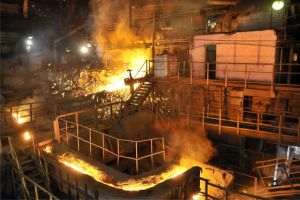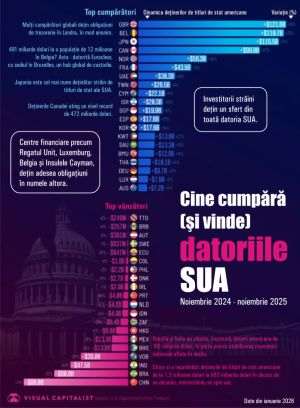Spain is experiencing its worst summer in this century in terms of forest fires, with more than 403,000 hectares of vegetation burned, with almost 350,000 hectares destroyed in the last two weeks alone. Extreme heat waves and persistent drought have turned the northwestern regions - Ourense, Zamora and Leon - into hot spots of ecological catastrophe. At the European Union level, the balance sheet is even more alarming: over a million hectares burned in 2025, an absolute record since the beginning of statistics in 2006, surpassing the previous one from 2017.
• Climatologist: "It is a warning”
Professor Javier Martin-Vide, a climatologist at the University of Barcelona, warns that these fires are no longer a local problem, but a global signal: "This is a warning for countries that have enjoyed temperate summers until now. Extreme heat will also reach northern Europe, where societies are not prepared to cope with temperatures of over 40 degrees Celsius.” In his opinion, adaptation becomes essential: fire prevention, intelligent environmental management and agricultural policies adapted to the new climate realities.
• Factors fueling the catastrophe
The specialist draws attention to the depopulation of rural areas, which leaves forests loaded with dry vegetation, a real natural fuel. In the past, cattle and herds of sheep and goats cleared the land. Now, the lack of agricultural and pastoral activities increases the risk of fires. Martin-Vide proposes innovative solutions, such as creating "mosaic landscapes” - alternating forested areas with cultivated land, which could limit the spread of flames.
• Agriculture forced to reinvent itself
Spanish farmers have already begun to adapt: olive and wine producers are moving their plantations to higher altitudes in search of milder climatic conditions. This phenomenon is only the beginning of a European agricultural reconfiguration dictated by climate change.
• Huge human and economic cost
So far, four people have lost their lives in Spain - three of them firefighters - and 33,000 people have been evacuated. The economic losses are difficult to estimate, but the ecological impact is disastrous: destroyed biodiversity, compromised soils and massive carbon emissions.
• A European problem, not just a Spanish one
Fires have already devastated more than one million hectares (10,000 square kilometers) in the European Union this year, a record area since statistics began in 2006, according to an AFP analysis based on data from the European Forest Fire Information System (EFFIS). Surpassing the annual record set in 2017, the toll had reached exactly 1,015,731 hectares last week, an area larger than Corsica, according to the total calculated by AFP based on estimates sent by each country to EFFIS. Portugal is the second most affected country this year, with three people losing their lives in forest fires and almost 274,000 hectares burned. Fires have already devastated more than a million hectares (10,000 square kilometers) in the European Union this year, a record area since statistics began in 2006, according to an AFP analysis based on data from the European Forest Fire Information System (EFFIS). So far, four European Union countries - Spain, Cyprus, Germany and Slovakia - have already exceeded their annual record in the 20 years of available data. Portugal, which still holds the absolute record of 563,530 hectares burned in 2017, had not recorded such a large area burned by fires until August 21. The numerous fires in the west of the country make Spain the EU country worst affected, with more than 400,000 hectares (4,000 square kilometers) burned - almost 40% of the total area burned in the EU this year. Portugal follows in this ranking, with almost 274,000 hectares burned, ahead of Romania, with 126,000 hectares. In France, 35,600 hectares of forest have been reduced to ashes, especially in the Aude department, devastated by a huge fire in early August. These estimates from EFFIS, an indicator of the European Copernicus observatory, only take into account fires that have burned at least 30 hectares
• A pact of prevention
The Spanish government has announced a national pact for fire prevention, and climatologists are calling for this model to be extended to the European level. Common strategies - from the exchange of equipment and specialized personnel to land management policies - could represent a solution to reduce risks.
The fires in Spain are no longer just a local tragedy, but a warning for the whole of Europe. In the context of the climate crisis, forest fires are becoming more frequent and devastating. Rapid adaptation, prevention and cross-border cooperation are the only ways the continent can protect its people, resources and biodiversity.
















































